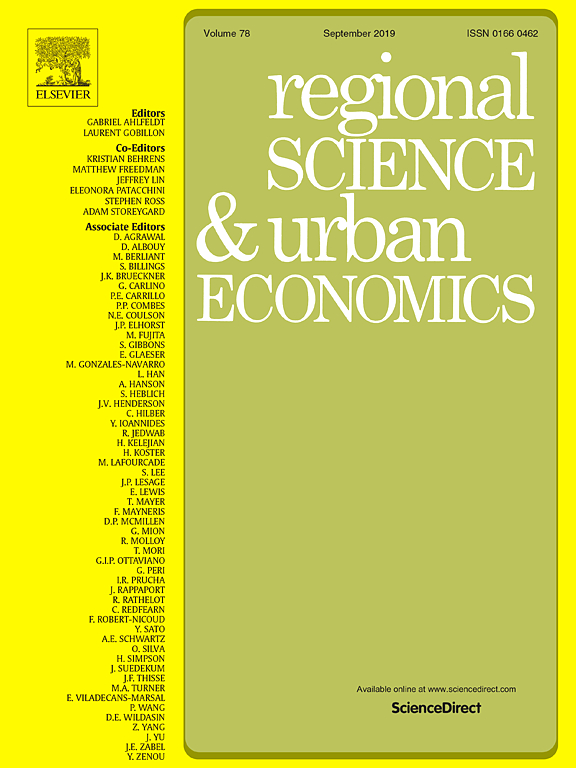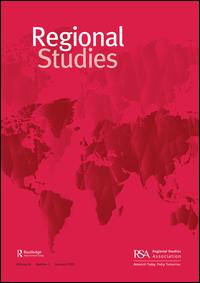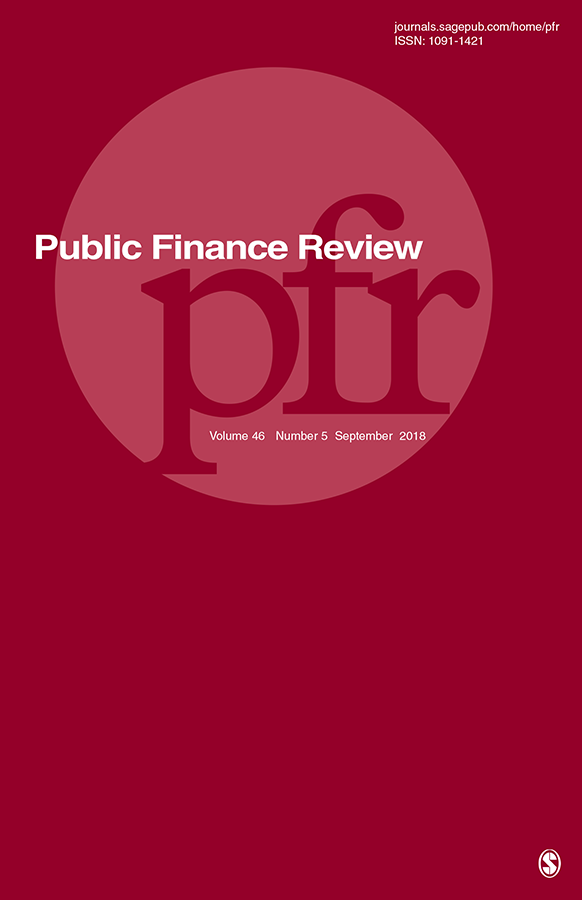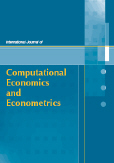Evaluation of Subsidy Programmes
This research group focuses on two main research questions: (i) What is the causal effect of cooperative innovation activities on the performance of firms and regions? (ii) What are the causal effects of public Research and Development (R&D) support schemes on the performance of firms and regions? The first research question concerns the dynamics of firms and regions as a result of their different innovation activities. We apply a micro-based integrative perspective on innovative activities which allows identifying causal effects of cooperative activities on specific outcomes (e. g., patent applications, scientific publications, employment growth, or productivity growth). Concerning the second research question, recent studies mainly focus on the evaluation of one specific subsidy scheme. Research in this group aims to overcome this shortcoming by considering various support schemes. Indicators for the firms’ success are (amongst others) patent applications and employment growth. The results allow insights for the future design of innovation support schemes.
Centre for Evidence-based Policy Advice (IWH-CEP)
Research Cluster
Economic Dynamics and StabilityYour contact

Mitglied - Department Präsidialbereich
EXTERNAL FUNDING
09.2019 ‐ 09.2022
Establishing Evidence-based Evaluation Methods for Subsidy Programmes in Germany (EVA-KULT)
European Regional Development Fund (ERDF)
The project aims at expanding the Centre for Evidence-based Policy Advice at the Halle Institute for Economic Research (IWH-CEP).
01.2018 ‐ 12.2020
Networked growth - Innovative Saxony-Anhalt through digital business models (Competence Center 4.0)
Federal Ministry for Economic Affairs and Energy (BMWI)
01.2017 ‐ 12.2018
Political Participation in Eastern Germany
Federal Ministry for Economic Affairs and Energy (BMWI)
12.2015 ‐ 11.2018
Socio-economic Effects of Research on Innovative Approaches for POC Diagnostics
Federal Ministry of Education and Research (BMBF)
Part of the EXASENS project. Coordinated by the Leibniz Institute of Photonic Technology (IPHT) in Jena, nine Leibniz institutes are working together on researching point-of-care (POC) technology for the prediction and diagnosis of chronic inflammatory respiratory diseases. See press release.
02.2017 ‐ 02.2018
The Importance of Non-University Research Institutions for the Development of Firms and Regions (Be_For_Reg-Projekt)
Federal Ministry of Education and Research (BMBF)
01.2015 ‐ 12.2016
Evaluation of the "Joint Task 'Improving the Regional Economic Structure'" in the Federal State of Saxony-Anhalt
Investitionsbank Sachsen-Anhalt
Refereed Publications

The Regional Effects of a Place-based Policy – Causal Evidence from Germany
in: Regional Science and Urban Economics, November 2019
Abstract
The German government provides discretionary investment grants to structurally weak regions in order to reduce regional inequality. We use a regression discontinuity design that exploits an exogenous discrete jump in the probability of regional actors to receive investment grants to identify the causal effects of the policy. We find positive effects of the programme on district-level gross value-added and productivity growth, but no effects on employment and gross wage growth.

The Impact of Innovation and Innovation Subsidies on Economic Development in German Regions
in: Regional Studies, No. 9, 2019
Abstract
Public innovation subsidies in a regional environment are expected to unfold a positive economic impact over time. The focus of this paper is on an assessment of the long-run impact of innovation and innovation subsidies in German regions. This is scrutinized by an estimation approach combining panel model and time-series characteristics and using regional data for the years 1980–2014. The results show that innovation and innovation subsidies in the long run have a positive impact on the economic development of regions in Germany. This supports a long-term strategy for regional and innovation policy.

Vertical Grants and Local Public Efficiency
in: Public Finance Review, No. 3, 2019
Abstract
The existing empirical literature on the impact of vertical grants on local public-sector efficiency yields mixed results. Given the fact that vertical financial equalization systems often reduce differences in fiscal capacity, we argue that empirical studies based on cross-sectional data may yield a positive relationship between grants and efficiency of public service production even when the underlying causal effect is not. We provide a simple illustrative theoretical model to show the logic of our argument and illustrate its relevance by an empirical case study for the German state of Saxony-Anhalt. We show that our main argument of an inference-disturbing effect applies to those existing studies that are more optimistic about the impact of vertical grants. Finally, we argue that it may disturb the inference drawn from studies in a number of other countries where vertical grants—intended or not—concentrate in fiscally weak municipalities.

Do Diasporas Affect Regional Knowledge Transfer within Host Countries? A Panel Analysis of German R&D Collaborations
in: Regional Studies, No. 1, 2019
Abstract
Interactive regional learning involving various actors is considered a precondition for successful innovations and, hence, for regional development. Diasporas as non-native ethnic groups are regarded as beneficial since they enrich the creative class by broadening the cultural base and introducing new routines. Using data on research and development (R&D) collaboration projects, the analysis provides tentative evidence that the size of diasporas positively affects the region’s share of outward R&D linkages enabling the exchange of knowledge. The empirical analysis further confirms that these interactions mainly occur between regions hosting the same diasporas, pointing to a positive effect of ethnic proximity rather than ethnic diversity.

Innovation Cooperation in East and West Germany: A Study on the Regional and Technological Impact
in: International Journal of Computational Economics and Econometrics, 3/4 2018
Abstract
In this paper, we investigate the impact of regional and technological innovation systems on innovation cooperation. We develop an indicator applicable to regions, which demonstrates the relative regional impact on innovation cooperation. Applying this method to German patent data, we find that regional differences in the degree of innovation cooperation do not only depend on the technology structure of a region but also on specific regional effects. High-tech oriented regions, whether east or west, are not automatically highly cooperative regions. East German regions have experienced a dynamic development of innovation cooperation since re-unification in 1990. Their cooperation intensity remains higher than in West German regions.














